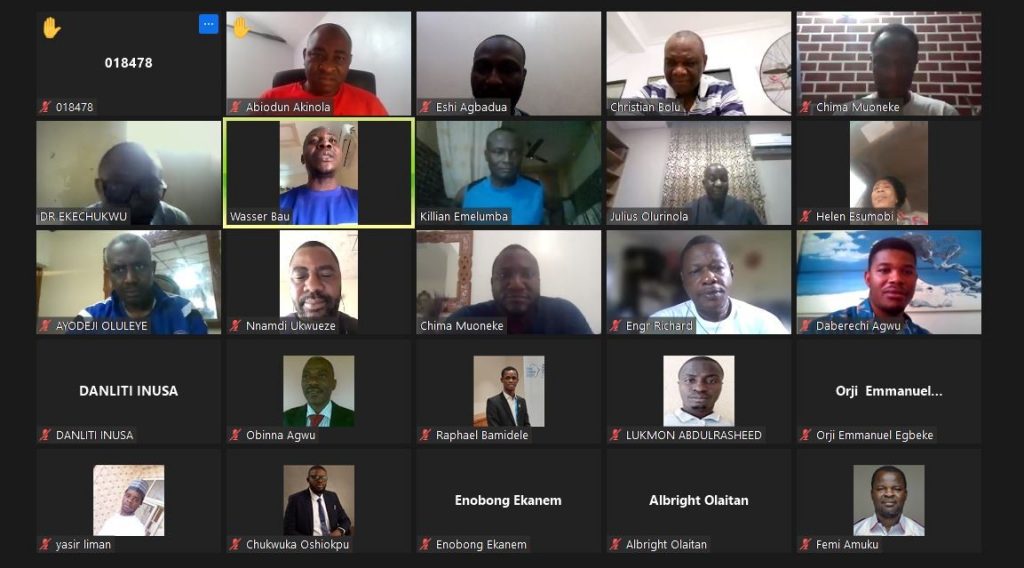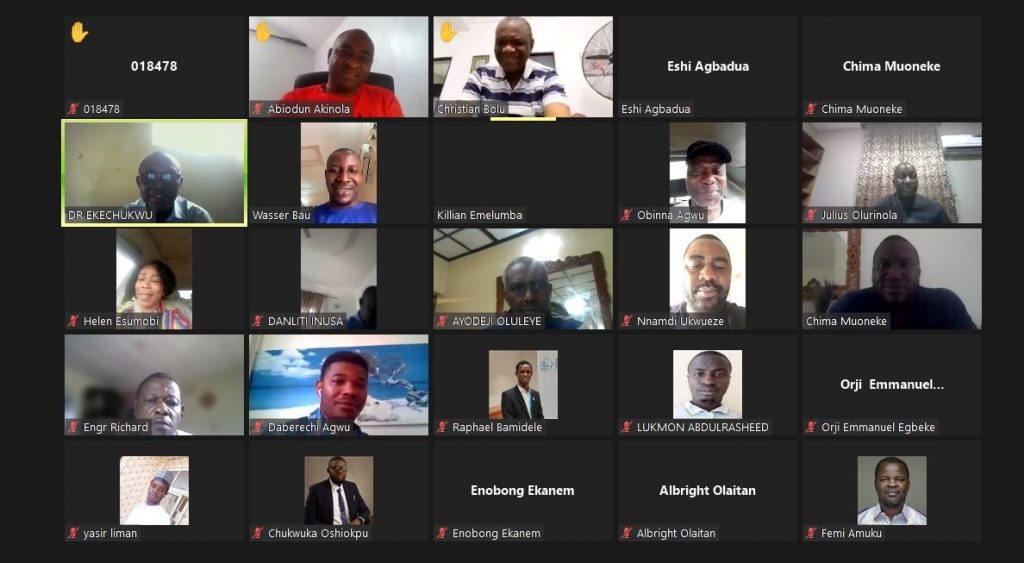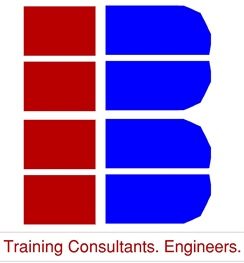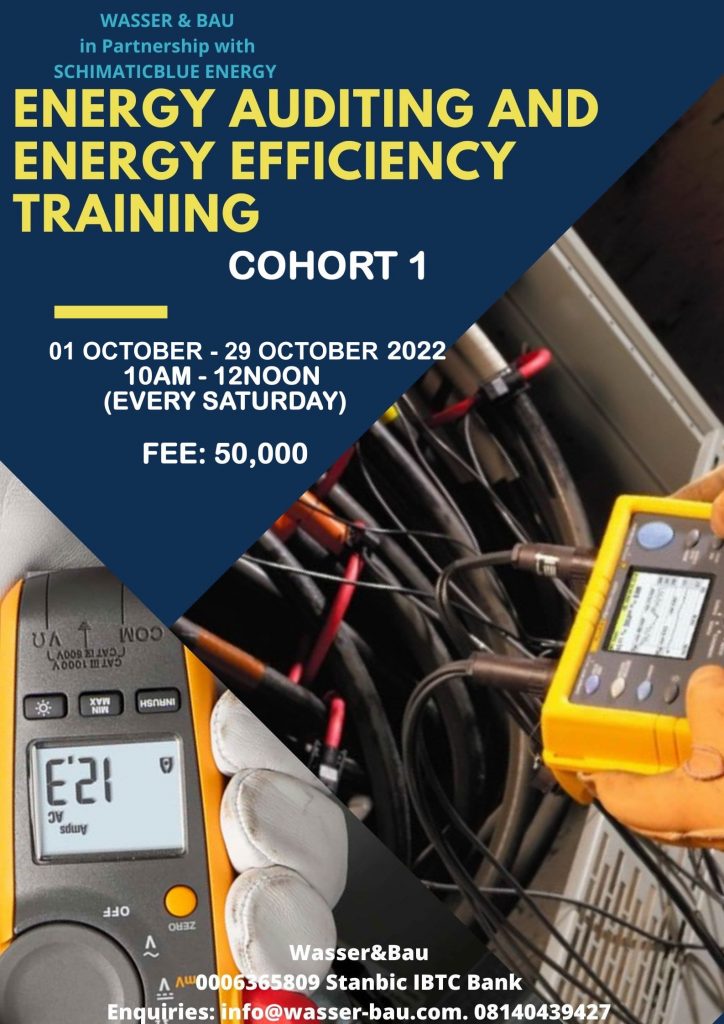REGISTER NOW
01 OCTOBER – 29 OCTOBER 2022
ABOUT THE TRAINING
With Nigeria aiming to improve on efficient utilization of energy resource in the near future, Energy Auditing and Energy Efficiency is expected to take center stage in the country’s effort to attain energy sufficiency. Our mission is to training and build the capacity of the next generation of engineers that will provide services and technical knowledge in these areas and thereby creating jobs
The training will be in three (3) Modules covering the entire curriculum of the CEA and CEM exams.
Module 1- Energy Auditing
LEARNING OBJECTIVE
Upon completion of this module, participants should be able to;
- Follow a systematic step by step process to successfully deliver the audit.
- Understand the fundamental principles of producing a trustworthy energy audit report that is persuasive.
- Work with those operating the facility being audited to maximize the benefits of the audit with the resources available.
- Collect, analyze and interpret energy consumption data.
- Understand the critical information that needs to be collected on-site and how to find it.
- Understand which tools and instruments are needed to aid in site analysis and how to use them.
- How to ensure audits are undertaken safely.
Module 2- Energy Efficiency
LEARNING OBJECTIVE
Upon completion of this module, participants should be able to;
- Recognize key energy resources and the energy generated
- Examine and explain the process of transmitting energy
- Define Key Performance Indicators: energy intensity and efficiency, units and use.
- Learn different approaches for energy efficiency: operation improvement, operating conditions optimization and other significant improvement solutions (pinch analysis, alternative technology, process design, best available techniques)
- Learn where efforts should be focused so that companies can achieve ongoing energy savings
- Identify those energy uses that offer substantial energy saving potential
- Identify savings opportunities
- implement an analysis of current energy needs in an industrial plant and make improvement proposals
- Propose ways and means for reducing energy consumption and CO2 emissions.
Module 3 –Cost Analysis& Accounting
LEARNING OBJECTIVE
Upon completion of this module, participants should be able to understand and evaluate;
- Economic and financial aspects of RE and EE projects
- Project life cycle cost concept and basics of dynamic economics calculation for comprehensive EE & RE investment projects
- Economic, financial & bankability concepts
- RE and EE financial risks and how to evaluate, mitigate and avoid these risks
- Standards aspects of bankable RE and EE projects
- Investment grade calculation tool for RE and EE complex projects
- Calculating own energy performance/energy supply contracting projects
- Business evaluation models of RE and EE programs and project returns and risks
Date 01 OCTOBER – 29 OCTOBER 2022
Venue: online via Zoom (https://buff.ly/3ACKIdj )
Fee: 50,000
Time: 10AM – 12PM
Register via https://buff.ly/2OXmZPs
Find details here
Click here to register and participate
TO REGISTER AND PARTICIPATE, KINDLY PAY INTO THE FOLLOWING ACCOUNT
FEE
Fifty Thousand Naira only (₦50, 000.00) per participant.( 5 SATURDAYS)
Payment and Registration
Name: Wasser & Bau
Account No: 0006365809
Bank: Stanbic IBTC Bank
Below are video and pictures of past online training sessions:




